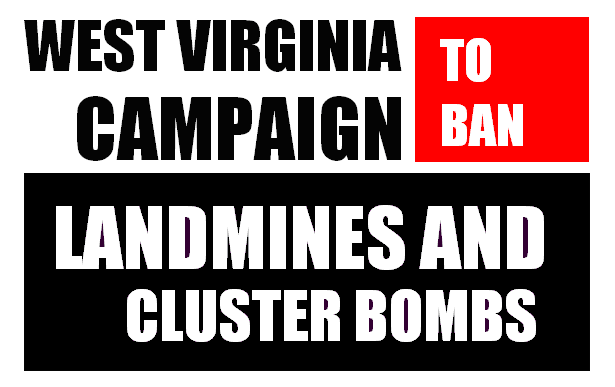
Geneva, 4 April 2025—On International Day for Mine Awareness and Assistance in Mine Action, the International Campaign to Ban Landmines (ICBL) warns of an alarming backslide in global efforts to eliminate one of the deadliest legacies of war. As the world celebrates the people working tirelessly to free communities of life-threatening antipersonnel mines and assist those affected, the ICBL highlights two urgent threats to progress: political decisions that undermine the global stigma against these abominable weapons and funding cuts that jeopardize lifesaving action on the ground.
Rising Political Threats: Treaty Withdrawals Signal Dangerous Regression
The ICBL strongly condemns plans by several European countries to withdraw from the 1997 Mine Ban Treaty and to potentially use or produce antipersonnel mines—steps that would represent the first such reversals since the treaty’s inception. In recent weeks, Finland (1 April) and Latvia (18 March) have instructed their parliaments to initiate proceedings to exit the treaty. Their decisions follow a joint declaration by the Defense Ministers of Estonia, Latvia, Lithuania, and Poland on 18 March recommending collective withdrawal. While none of these countries currently stockpile or use mines, Poland has announced intentions to resume production.
While recognizing the challenging security situation in Eastern Europe, the ICBL strongly believes these are ill-considered decisions that will pose a long-lasting, life-threatening danger to the very people the governments are trying to protect. The ICBL urges all concerned states to reverse course immediately and reaffirm their obligations to international humanitarian law and the protection of civilians.
“These decisions risk dismantling over 30 years of progress in protecting civilians from one of war’s most indiscriminate and inhumane weapons,” said Tamar Gabelnick, Director of the ICBL. “To suggest that landmines can be used ‘responsibly’ is dangerously misguided—mines cannot distinguish between soldier and child, and civilians will always make up the vast majority of the victims.”
Antipersonnel mines are relics of an earlier era—unreliable, uncontrollable, and overwhelmingly harmful to civilians, during and long after conflicts have ended. When antipersonnel mines were banned, militaries worldwide determined that their military utility had been largely overstated, and any marginal impact they had was far outweighed by their appalling humanitarian impact. According to the 2024Landmine Monitor, 85% of victims are civilians, and 40% are children. With 165 states parties, the Mine Ban Treaty has been hailed as a triumph of humanitarian disarmament. It has saved lives, restored land, and supported survivors.
“Antipersonnel landmines do horrible things to innocent people. They belong to a small group of weapons, including chemical and biological weapons, that are so abhorrent they must never be used again,” asserts Zoran Ješić, ICBL activist from Bosnia, who lost a leg to a landmine and now leads an organization empowering landmine survivors and other persons with disabilites.
On 6 March, Lithuania also finished the formal process of withdrawing from the Convention on Cluster Munitions, which comprehensively bans cluster munitions due to their indiscriminate nature and massive harm they inflict on civilians, both during and long after conflicts.
Crippling Cuts: U.S. Funding Freeze Threatens Global Demining Efforts
The ICBL is also gravely concerned about the current freeze in U.S. government funding for mine action—a move that puts critical programs in over 30 countries at risk. The United States has been the largest single funder of mine action, providing over $300 million a year—or around 40% of total international support, according to the Landmine Monitor 2024 report.
“Mine-affected communities have benefitted enormously from US demining support, enabling farmers to till much-needed plots, refugees to return home, and families to walk to schools and markets in safety. Right now, thousands of trained deminers are sidelined, and countless families in countries from Cambodia to Ukraine are left wondering when their land will be safe again,” said Alma Taslidzan, Chair of the ICBL Governance Board. “We urge the United States to reinstate vital mine action funding, and we call on all countries to step up their contributions to mine action.”
Although short-term waivers have been granted for some programs during an ongoing U.S. policy review, the long-term future of funding remains uncertain. Without immediate resolution, programs for mine clearance, risk education, and survivor assistance may collapse—undoing years of hard-won progress.
The US funding pause also comes at a time when other major donors are considering reducing their mine action funding in order to pay for increased defense spending. The ICBL urges all donors, large and small, to continue with their essential contributions to mine clearance, victim assistance, and risk education.
Contacts:
Tamar Gabelnick, Director, ICBL
+41-78-976-7471
ICBL media:
media@icblcmc.org
